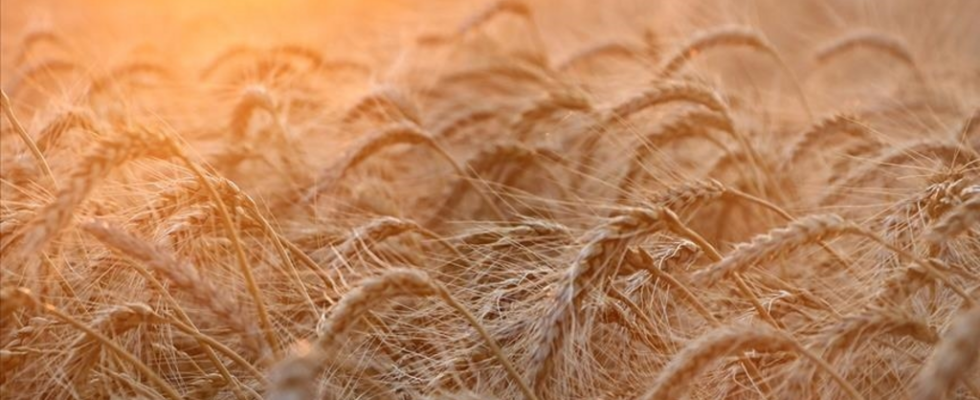European Union member states agreed this Thursday, May 30, to impose prohibitive customs duties on imports of Russian and Belarusian agricultural products from July 1. These products, which notably include cereals, oilseeds and their derivatives, have until now been largely exempt from sanctions so as not to destabilize global agricultural markets.
1 min
During the various sets of sanctions adopted against Moscow, the Europeans had taken care not to target Russian agricultural products; they feared destabilizing world markets which had been caught up in an inflationary spiral for two years. But the situation was becoming untenable when the European Union was already capping imports of agricultural products from Ukraine, it had to send a signal to kyiv.
In practice, the decision, validated by European trade ministers, will make it possible to heavily tax Russian cereals, from 93 to 95 euros per tonne for wheat.
These high customs tariffs are such that it will amount to banning imports of Russian and Belarusian agricultural products into Europe, but without “ affect exports to third countries » particularly in Africa or the Middle East. Cereals will in fact still be able to transit through the European Union.
The objective is to dry up the revenue allowing Moscow to finance its offensive, but also to “ stop the illegal export of stolen grain to Ukraine » by Russia which illegally appropriates large quantities of grain in the Ukrainian territories.
Read alsoAre sanctions against Russia really effective?
